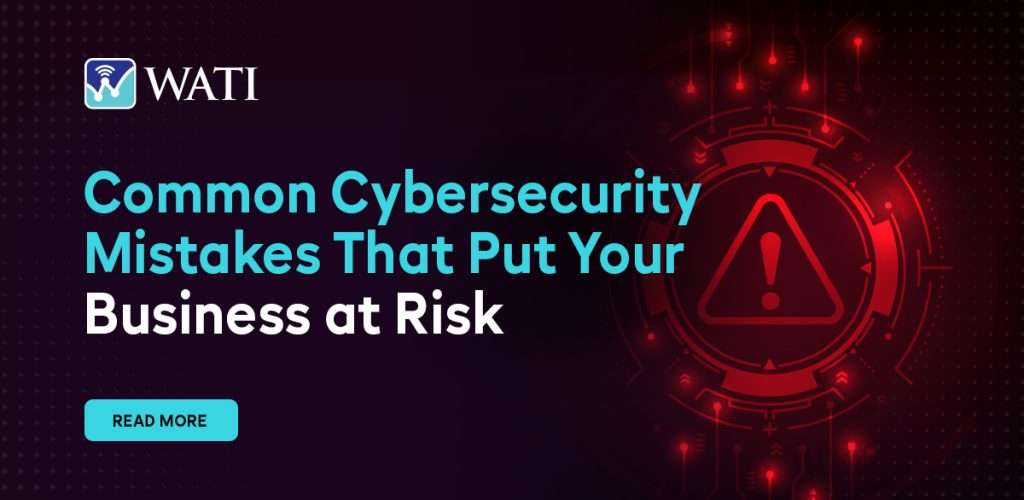Building and maintaining a strong cybersecurity posture can be a daunting task for many organizations. It requires significant investment in technology, hiring and training specialized security personnel, and staying ahead of the ever-evolving threat landscape. This is particularly challenging for small and medium-sized businesses (SMBs) who may lack the resources to build a robust in-house security team. Managed SOC providers offer a cost-effective and scalable solution for organizations of all sizes.
The Evolving Threat Landscape
According to the IBM Security X-Force Threat Intelligence Index 2023, there was a 13% increase in global ransomware attacks in 2022 compared to 2 The report also highlights a rise in supply chain attacks, with attackers targeting third-party vendors to gain access to an organization’s network. These statistics paint a grim picture, emphasizing the need for organizations to prioritize cybersecurity investments.
Challenges of In-house Security Teams
Building and maintaining an in-house SOC can be a daunting task. It requires significant investment in technology, personnel with specialized skills, and ongoing training to stay ahead of evolving threats. For many organizations, especially small and medium-sized businesses (SMBs), the cost and complexity of building an in-house SOC can be prohibitive.
Managed SOC: A Future-proof Solution
A Managed SOC is a cost-effective and scalable solution that provides organizations with access to a team of security experts who continuously monitor and analyze network activity for threats. Managed SOC providers leverage advanced security tools and technologies, including Security Information and Event Management (SIEM) and Security Orchestration, Automation, and Response (SOAR) platforms, to provide 24/7/365 threat detection, investigation, and response capabilities.
Advantages of Partnering with a Managed SOC Provider
There are numerous advantages to partnering with a Managed SOC provider for organizations looking to future-proof their cyber resilience:
- Cost-effectiveness: Managed SOCs offer a subscription-based model, eliminating the upfront costs associated with building and maintaining an in-house SOC. This allows organizations to access advanced security expertise at a fraction of the cost.
- Access to Expertise: Managed SOC providers employ a team of highly skilled security analysts who are constantly monitoring the latest threats and vulnerabilities. This expertise ensures that your organization has access to the knowledge and experience required to effectively combat cyberattacks.
- Advanced Security Tools and Technologies: Managed SOC providers leverage cutting-edge security tools and technologies, including SIEM, SOAR, and threat intelligence feeds, to provide comprehensive threat detection and response capabilities. These tools allow for faster identification and remediation of security incidents.
- Scalability: Managed SOC solutions are highly scalable, allowing organizations to adjust their security posture based on their evolving needs. This is particularly beneficial for organizations experiencing rapid growth.
- Improved Threat Detection and Response: Managed SOC providers offer continuous monitoring and analysis of network activity, enabling them to detect threats in real-time. This allows for a faster and more effective response to security incidents, minimizing potential damage.
- Proactive Threat Hunting: In addition to reactive monitoring, some Managed SOC providers offer proactive threat hunting services. This involves actively searching for threats within your network infrastructure, helping to identify and eliminate vulnerabilities before they can be exploited.
Choosing the Right Managed SOC Provider
When selecting a Managed SOC provider, it’s crucial to consider your organization’s specific needs and requirements. Here are some key factors to consider:
- Security Expertise: Evaluate the provider’s experience and expertise in handling security incidents relevant to your industry.
- Security Certifications: Look for providers with recognized industry certifications, such as SOC 2 or MSSP (Managed Security Service Provider).
- Technology Stack: Ensure the provider utilizes a robust technology stack that includes advanced security tools and threat intelligence feeds.
- Compliance Requirements: If your organization is subject to specific compliance regulations, choose a provider that can help you meet those requirements.
- Communication and Transparency: Select a provider that offers clear communication and regular reporting on security incidents and overall security posture.
The future of cybersecurity is proactive. Traditional reactive security measures are no longer enough to combat the ever-increasing sophistication of cyberattacks. By partnering with a Managed SOC provider, you gain access to a team of security experts who are constantly vigilant, proactively hunting for threats and identifying vulnerabilities before they can be exploited. This future-proof approach to cybersecurity ensures your organization stays ahead of the evolving threat landscape and minimizes the risk of a security breach.



